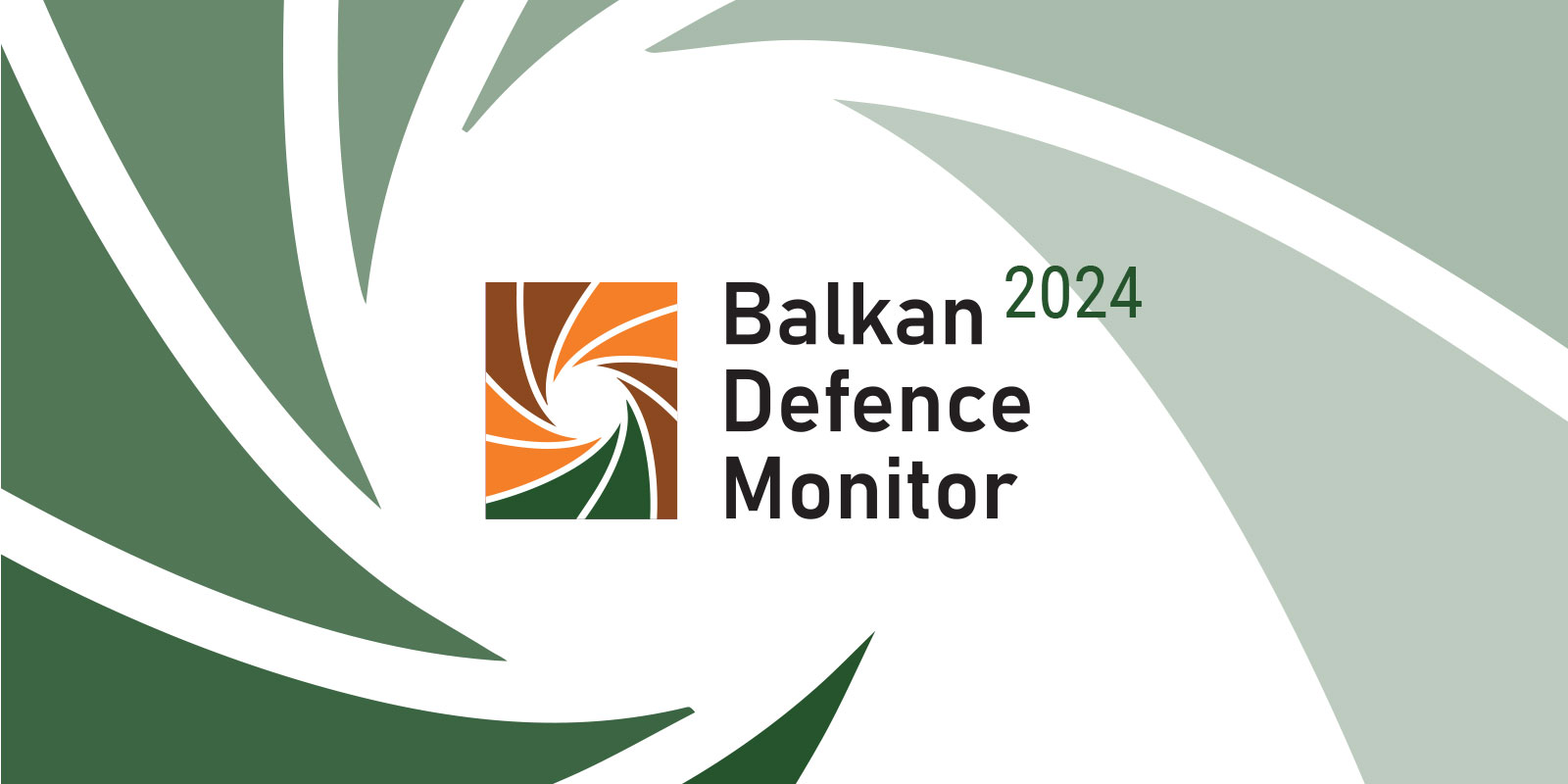PUBLICATION: Analysis
Migs, chestnuts and water pistols: militaristic narratives in the Dayton triangle
BCSP researcher Luka Šterić analyzes militaristic narratives in the three countries signatories of the Dayton Peace Agreement - Serbia, Bosnia and Herzegovina and Croatia.
For the past few years, the security situation in the Western Balkans has been at its lowest point since the late 1990s. The ever-deepening institutional crisis in Bosnia and Herzegovina has led to a situation in which voices of those fearing new conflict are getting louder, both in the country and the international community. By emphasising the concept of the Serbian World, the authoritarian Belgrade regime significantly radicalised the rhetoric and awakened the ghosts of recent past across the region. Official Zagreb is questioning the Dayton structure of Bosnia and Herzegovina and the position of the Croatian people in BiH ever more loudly. Negotiations between Belgrade and Pristina have come to a complete standstill, while occasional incidents in northern Kosovo have sporadically brought the situation on the ground to the brink of conflict. The political scene in Montenegro is at its most unstable point since that country gained independence and is spilling over on the interethnic conflicts.
The war in Ukraine further deepened tensions in the region, especially in Bosnia and Herzegovina. Additional EUFOR troops were deployed in the first days of Russia’s aggression against Ukraine, while former High Representative to Bosnia and Herzegovina Valentin Inzko called on NATO to protect the country and secure Bosnia’s border with Serbia. Contradictory information is coming from Croatia’s top political leaders about putting its armed forces on high alert, whereas Prime Minister Plenković announced that Zagreb “is paying special attention to all the developments in our neighbourhood, the Southeast Europe, because we do not want to see destabilisation in any of our neighbouring countries”. On the other hand, the outgoing Speaker of the National Assembly of Serbia, Ivica Dačić, stated that any attack on the Republic of Srpska will be viewed as an attack on Serbia”.
In this extremely inflammable environment, the militaristic rhetoric that dominated the region in recent years is gaining additional significance. Such narratives are accompanying the rhetoric of the heated arms race between Croatia and Serbia, and are increasingly mentioned in the context of the unstable political situation in Bosnia and Herzegovina as well. The narratives present in the regional media in such contexts has caused us to focus this publication on a comparative analysis of the main characteristics of militaristic narratives in the three countries that are signatories to the Dayton Peace Agreement.
This publication is produced within the Transparent Defence Systems for Peaceful Western Balkans project with the support of the Canada Fund for Local Initiatives (CFLI).
Tags: analysis, defence, narratives, region, western balkans
DETAILS
AUTHORS
SHARE
PDF PREVIEW
RELATED

Date: 27.02.2024.
Author: Belgrade Centre for Security Policy |
We present you the new Balkan Defence Monitor - independent and comprehensive source of information regarding defence topics in the region.

Date: 16.10.2023.
Author: Srđan Hercigonja | Vuk Vuksanović |
Turkey’s more assertive posture towards the Balkans is neglected compared to the commentariat that deals with Russia and China. To fill this policy gap, the research team of the Belgrade Centre for Security Policy (BCSP) has conducted research based on the analysis of secondary source material and, even more importantly, on fieldwork interviews that involved 16 sources, academics and think tank researchers based in Istanbul and Ankara.

Date: 30.05.2023.
Author: Filip Ejdus | Vuk Vuksanović |
What are contributing factors to the rise of drones in the Balkans and how might they change the military balance of power in the region? Find out in the BCSP analysis written by the BCSP Senior Researcher Vuk Vuksanović, and Filip Ejdus, a professor in security studies at the Faculty of Political Science, University of Belgrade and the Member of the Executive Board at the BCSP.



